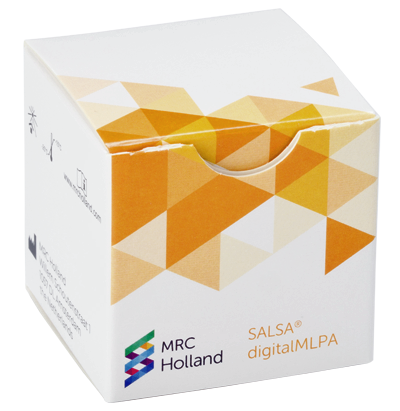Cystic fibrosis is a childhood-onset, multisystem disorder that affects epithelia of the respiratory tract, exocrine pancreas, intestine, hepatobiliary system, exocrine sweat glands and reproductive organs. The major clinical characteristics of cystic fibrosis are progressive obstructive pulmonary disease, pancreatic insufficiency, failure to thrive, meconium ileus, elevated sweat chloride levels and male infertility due to congenital absence of the vas deferens (CAVD). There is, however, a high variability in cystic fibrosis phenotypes, which range from severe forms affecting multiple organ systems (i.e. classical phenotype) to mild disease manifestations affecting a single organ (e.g. only CAVD).
Cystic fibrosis is the most common life-shortening autosomal recessive disorder in individuals of northern European (Caucasian) background, with a disease incidence of 1:2500 live births and a carrier frequency of 1:25 (Bobadilla et al. 2002; Ioannou et al. 2014). The disease frequency is much lower in other ethnic populations, e.g. 1:15,000 in African Americans and 1:31,000 in Asian Americans (Moskowitz et al. 2008; Rohlfs et al. 2011). Cystic fibrosis and CAVD are both caused by homozygous or compound heterozygous mutations in the cystic fibrosis transmembrane conductance regulator gene (CFTR), which encodes a cAMP-regulated chloride channel expressed at the apical membrane of exocrine/secretory epithelial cells (Kerem et al. 1989; Riordan et al. 1989; Rommens et al. 1989). The defective protein impairs ion transport and water movement across epithelia, which among other things leads to an increased salt concentration in sweat and the formation of viscous mucus obstructing the airways of the lungs and ducts of the pancreas.
The most common CFTR variants are point mutations and small insertions/deletions, which are detected in 97-98% of the probands with cystic fibrosis and 79% of the probands with CAVD (Yu et al. 2012). The p.Phe508del (F508del; c.1521_1523del) mutation is the variant most commonly found in the general population, affecting ~66% of the CFTR alleles worldwide (Bobadilla et al. 2002). Other mutations have a much lower frequency, e.g. the p.Ile507del (I507del; c.1519_1521del) mutation constitutes ~0.5-1.3% of all CFTR mutations identified (Bobadilla et al. 2002). Large deletions and duplications are found in <3% of patients with cystic fibrosis and CAVD. The frequency and spectrum of CFTR mutations vary widely among different populations and depend upon the geographical and ethnic origin of patients (Estivill et al. 1997). Some mutations tend to be seen more frequently in specific populations. For example, a deletion of CFTR exon 2 and 3 (CFTRdele2,3 (21 kb)) is rather common among patients of German or Eastern European origin (Dörk et al. 2000). More information is available at https://www.ncbi.nlm.nih.gov/books/NBK1250/.





